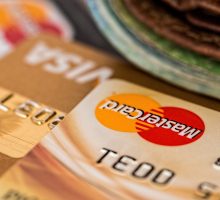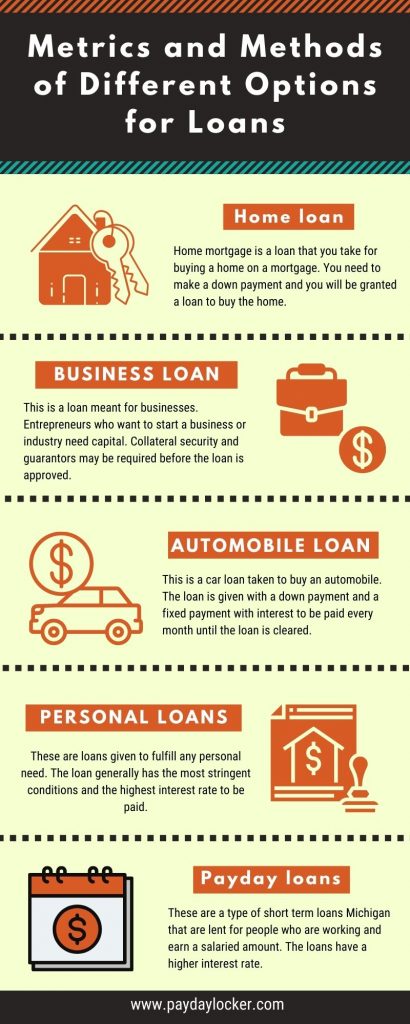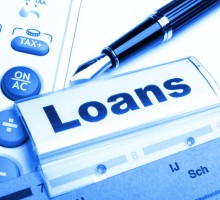Credit cards can be very useful tools to have in today’s society. For many people, credit cards act as a type of credit history. A credit card can help you build a history of payments on time, which can help to boost your credit score. Credit cards can also serve many other useful purposes, such as the ability to purchase purchases when you do not have cash on hand. While you are being charged a specific interest rate, the credit card lender basically loans you the cash to make the purchase, with the option of repaying that loan in the future.
However, if you carry high balances on these cards, then these loans can become a burden for you. Each month that you carry a balance on one of these cards means that you have to make a monthly payment. In most cases, this is a fairly substantial amount of money, which adds up to a substantial chunk of your income every month. In addition, you must pay off these cards as quickly as possible, or you can cause yourself to be hit with late payment fees. In fact, if you are not paying your monthly payments on time, then the penalties and finance charges begin to add up, which can quickly mount up to significant amounts. It can become quite an expense to maintain your balances on these cards.
Fortunately, there are some options that can help you to avoid having to deal with these expenses. One option would be to find a credit card that offers you the convenience of making multiple monthly payments through the use of a different feature. These loans usually offer a range of features, such as allowing you to set up automatic payments through the mail or cellular phone, or even the ability to set up a monthly minimum payment. By using these features, you can keep track of how much money you are spending and how much you need to save each month.
Another option would be to find a cash advance or check advance store that allows you to take out short term loans without the need for a credit check. In most cases, all you need is a signature, which proves that you are at least eighteen years old, and in most cases, a Social Security number. Once you have provided this information, the cashier will take a look at your social security number and determine whether or not you meet their pre-approved credit limit requirements. As long as you meet the pre-approved credit limit requirement, the cashier will provide you with a blank check with which you can write a quick check to cover the loan amount and set up the due date. The amount of time it takes to get the check back is typically less than a day. The cashier will deposit the check into your bank account usually within one business day, giving you extra time to use the funds in your account before the due date.
To avoid paying extra interest rates on these loans, it is important to make sure you have sufficient funds in your bank account when you apply for a bank loan. This is because many online applications do not require any type of collateral or security deposit. If you have insufficient funds in your bank account, your application may be declined. You should always try to apply for loans at a bank that has a good reputation for handling customer transactions. One option for checking out different banks that offer these loans is to search the Internet.
Many of the online banks that offer these short term loans are operated by the same major financial institutions that offer credit cards. An example of such an online institution would be The Espinoza Bank, which operates several branches in several cities throughout the United States. The Espinoza Bank provides interest rates and payment plans for its customers, so it is easy to see how these types of loans would be beneficial for many consumers.











